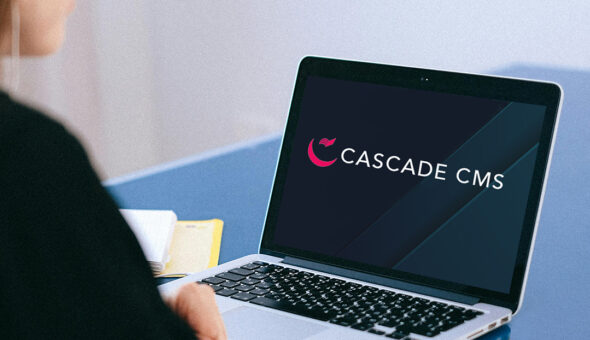If you feel as though the urgency of March hasn’t stopped, and there is an expectation that everything is now immediate, mission critical, essential – you’re right. The crisis comms have subsided, for now, but the expectation of immediate execution hasn’t. This has been a very long winter of discontent – and it’s hard to see that glorious summer on the horizon. The days go so fast, but the weeks go slow. So. Very. Slow.
This has been – and will continue to be – a marathon of sprints. Except none of us knows what the finish line looks like. Or where it is. Or what finish even means. Since the second week of March, I have been approached by many people I admire and trust for quotes or contributions to slide decks and articles to share enrollment prognostications, online learning divinations, social media prophecies. I have nothing to offer. There is no year-over-year. There is no predictive modeling for what we are working through. I think tomorrow’s numbers might be irrelevant by Monday, honestly.
What I do know, for certain, is that people, not numbers, matter more. You. Your families. Your colleagues and their families. Students and faculty and parents, and siblings. All of these people who we stratify – who we cut up and bucket into geos and demos – aren’t numerals or data points. The only path forward is to throw out the rule book and get absolutely, unapologetically, vulnerably, uncomfortably personal.
With social.
With advertising.
With all of it.
That Covid-19 has killed our ability to measure and predict is not what matters. That Covid-19 has taken lives is the only metric. That is the yardstick; and what we do now to address the future – our future as an industry, as marketers of higher education – will be measured by our ability to connect, engage, emote, grieve, support, and empower each other, our faculty, our students, their families. Everyone.
If you’re afraid of the numbers…
If you’re anxious about the future…
If you don’t know what will happen by fall…
If you feel rudderless trying to plan for hypotheticals…
If you are working harder than you ever have…
You’re not alone. Not at all.
Keep it up.
The work matters more now.







